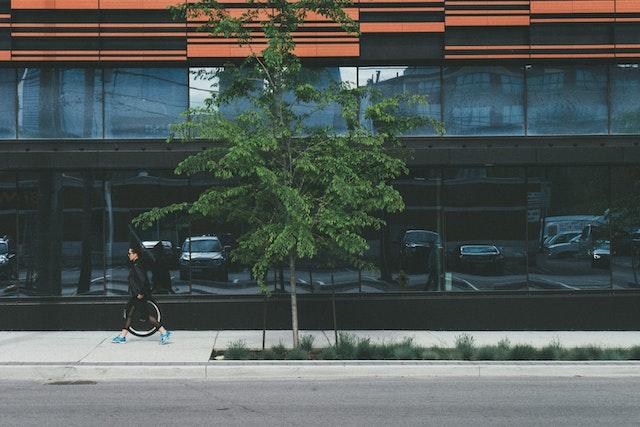- Free Consultation: (843) 391-9902 Tap Here to Call Us
Can I Sue the City After a Slip and Fall on a Public Sidewalk?

Slip and falls are such an ever-present danger that we can forget how dangerous these really are. Potholes, insufficient lighting, and uncleared debris all have the potential to cause a painful injury. You have a right to fair treatment after a sidewalk slip and fall accident. Please call a Darlington County, South Carolina slip and fall lawyer today, and we’ll talk to you about your options for compensation.
What You Need to Know about Sidewalk Slip and Fall Accidents
Premises liability law is all about how an injured person may recover for their injuries, typically from the owner of the property where the injury occurred. If your injury was caused by the owner’s negligent tending of their property, you may have a right to recover both economic and non-economic damages. Economic damages refer to losses for expenses like out-of-pocket medical costs. Non-economic damages refer to money received in compensation for harms like pain and suffering.
In most states, premises liability law is interpreted such that municipalities like towns and cities share liability in slip and fall cases. The owners of commercial and residential property next to public sidewalks have the responsibility to take care of the adjacent sidewalk.
In most cases and in most jurisdictions, whether the town or a property owner, you’ll still need to prove three things to recover under premises liability law:
- The property owner owed you a duty of care
- Despite this, the property owner did not remove or repair a hazard
- The hazard that the property owner didn’t fix or clear caused your injury
Another general consideration of premises liability law that applies to slip and falls is comparative negligence. The court will reduce your compensation by the same percentage as it finds your negligence contributed to your accident, if any. Therefore, contributing 15% toward your injury through your negligence results in your recovery being cut by 15% of what it would be. If the court finds the injury was entirely due to your own negligence, you will not be entitled to recovery.
Specifics about Slip and Falls in South Carolina
Unlike other states, however, South Carolina does not put the responsibility of upkeep and repair of the sidewalk on adjacent property owners. That belongs to local government authorities, though a private individual or a business can still be to blame if they were the ones who created a hazard on the sidewalk.
Two cases that clarified these issues were Vaughan v. Town of Lyman (2006) and Fickling v. City of Charleston (2007).
In Vaughan, the South Carolina Supreme Court held that Section 5-27-120 of the South Carolina Code Laws about the municipality’s responsibility for maintaining and repairing walkways did not imply a special duty toward specific individuals. The responsibility created by the statute was to the general public at large, and hence private individuals who sustained injuries did not have a private right of action against municipalities.
In Fickling, the South Carolina Court of Appeals held that though the city had a responsibility to tend to a sidewalk within municipal limits on a right-of-way belonging to the state, the plaintiffs needed to prove that the city had been made aware of the hazardous condition in question.



